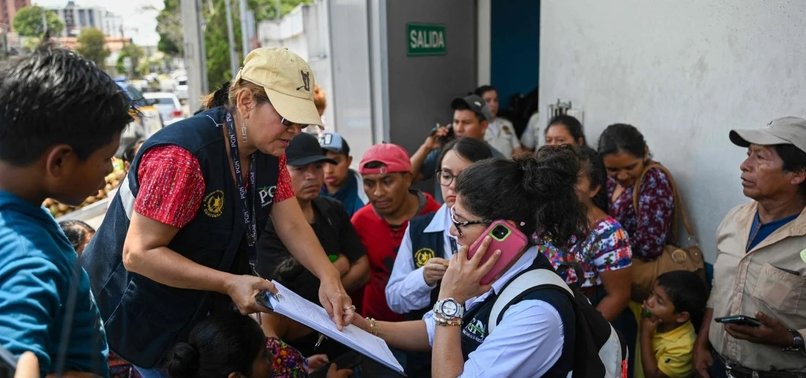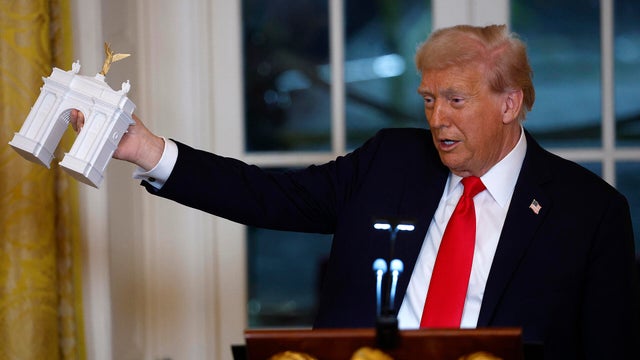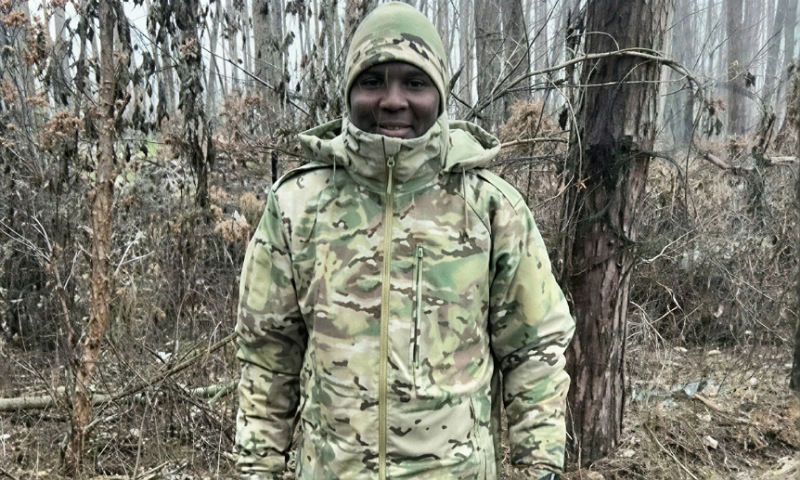In the dead of night this past holiday weekend, a judge hit the brakes on a sweeping deportation effort targeting vulnerable children.
At the center of this legal drama is U.S. District Judge Sparkle L. Sooknanan, who issued a 14‑day temporary restraining order, halting the Trump administration’s sudden attempt to deport unaccompanied Guatemalan minors. The ruling came shortly after emergency legal action was taken on behalf of 10 children aged 10 to 17 and extended to include potentially hundreds of other minors in federal care.
What Sparked the Court Order
In the early hours of Sunday, August 31, 2025, the National Immigration Law Center filed a groundbreaking emergency lawsuit, warning that authorities were already placing several unaccompanied minors on planes to Guatemala. Judge Sooknanan, awakened in the night, swiftly convened a hearing in Washington, D.C.
Shortly thereafter, she broadened her order to cover all unaccompanied Guatemalan children in U.S. custody who did not have a finalized removal order—putting a pause on a deportation plan officials had characterizing as a “pilot program” with Guatemala.
Scenes from the Tarmac: Chaos Meets Courtroom
The scenario was intense. Planes sat idling on tarmacs in Texas—some in Harlingen, others in El Paso—with children already boarded or prepping to board. Meanwhile, Judge Sooknanan demanded immediate proof that the minors were removed from flights and returned to the Office of Refugee Resettlement (ORR). By evening, reports confirmed 76 children were back in ORR care, either already returned or en route.
Rights, Risks, and Legal Fallout
Advocacy groups described the attempted deportations as a flagrant violation of statutorily protected rights under federal immigration law—particularly the Trafficking Victims Protection Reauthorization Act, which guarantees unaccompanied children the time to seek legal relief and hearings before removal.
These children—including a 10‑year‑old indigenous girl who lost her mother and others who fled abuse—faced serious risks if returned without due process. They had ongoing asylum or immigration cases and had voiced deep fears of return.
Administration’s Defense vs. Pushback
The Trump administration contended that Guatemala had requested the children’s reunification with their families, not their deportation. But lawyers for the kids strongly disputed those claims, arguing that at least some families had not requested reunification.
White House staff, including Deputy Chief of Staff Stephen Miller, also pushed back publicly via social media.
The Human Toll
The timing stunned legal scholars and advocates: the event occurred during a holiday weekend in the middle of the night, catching many off guard.As one attorney put it, waking up “vulnerable, frightened children” and rushing to deport them without due process was a move that should “shock the conscience of all Americans.”
Unaware and waiting, families in Guatemala were thrust into confusion, while U.S. shelters rushed to safely add the children back.
Summary
The federal judge’s swift action stopped what could have been the deportation of hundreds of vulnerable, unaccompanied children—some already in transit to Guatemala—without so much as a court hearing. This dramatic legal showdown has cast a spotlight on conflicting priorities: the administration’s immigration enforcement objectives versus established protections for migrant children.
As the legal battle unfolds over the next two weeks, advocates, lawyers, and lawmakers will be watching closely—not just for justice on behalf of these minors, but for what this means for American immigration policy writ large.




https://shorturl.fm/7aAxs